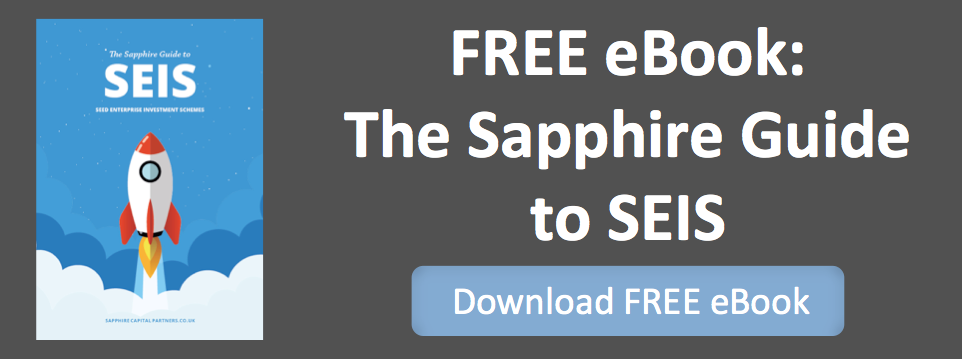We have invested in many Enterprise Investments Schemes ("EIS"). Some have gone well and some not so. A good example of one that did not go well was back in 2007 when we invested in an online company that specialised in the gaming market. The company delivered its product via mobile phones which were just beginning to really embrace the gaming market. Better still, the target market was eastern Europe and Russia, which was identified as a real growth market for gaming. The promoters appeared trustworthy with the skills to get it done. Everything seemed right and we were very excited about the investment. We, along with other private equity investors, put our money in via an EIS scheme and looked forward to our future returns.
To cut to the chase, the company was officially dissolved in 2010. The reason? Same old reasons most companies fail - but with hindsight I think there was one extra dimension at play. We got too focused on the EIS scheme - which was new to us at the time - and forgot to do our homework. To make matters worse, I have years of doing due diligence on company investments - both through my experience at PricewaterhouseCoopers and through private investing at Sapphire Capital.
My point is - just because an investment opportunity is an EIS approved company does not mean you can ignore the golden rule of investing - i.e. doing your due diligence. Of course EIS offers many attractive advantages to investors, including for example:
- 30% income tax relief on the amount subscribed (subject to a three year holding period and amount subscribed).
- Inheritance tax free after two years.
- Capital gains tax deferral.
- Loss relief - any shares disposed of at a loss can be set against income to reduce tax.
All of the above are very attractive and it is not often we give praise to HMRC for helping investors, but in the case of EIS schemes, this is definitely the case. But investors can get focused only on the benefits of the EIS and forget about doing their due diligence. Sometimes I suspect that some promoters know this and will focus the conversation around the benefits of the EIS tax advantages to the investors instead of explaining better the merits of the actual investment. Investors should be careful as the scheme's allure could be masking a weak investment. Of course it is important to know the benefits of EIS, but we have found it beneficial to do our homework on this before the promoters pitch to us, allowing us to concentrate only on what matters - the underlying investment. And what do we look for? Same areas every time. The same risks that threaten every investment. For example, our top five would usually include the following:
- The promoters - do they have integrity? Can you trust them? Can you picture yourself working with them?
- Do the promoters have passion in what they are doing?
- Industry knowledge - do the promoters know what they are talking about? Do they have the skills and experience?
- Commitment? Things always go wrong - the promoters had better be committed to making it happen.
- The market. Its size, potential and the competition. Do the promoters have the vision to grab the market?
We could go on - it is a very long list and each one is of course the subject of a separate blog article in itself.
In the case of our EIS investment that went wrong, we were new to EIS investments and we spent too much time understanding how they work and the associated tax benefits, and as a result my years of due diligence training got pushed to the side.
Our advice: forget the EIS tax benefits even exist (including the loss relief that every promoter tells you about in order to reassure you that there is limited downside), do your due diligence as normal and don't get persuaded by the EIS tax benefits as one of your reasons to invest - in other words, don't let EIS become a red herring.
For further advice on investing in EIS companies - please feel free to contact us.



